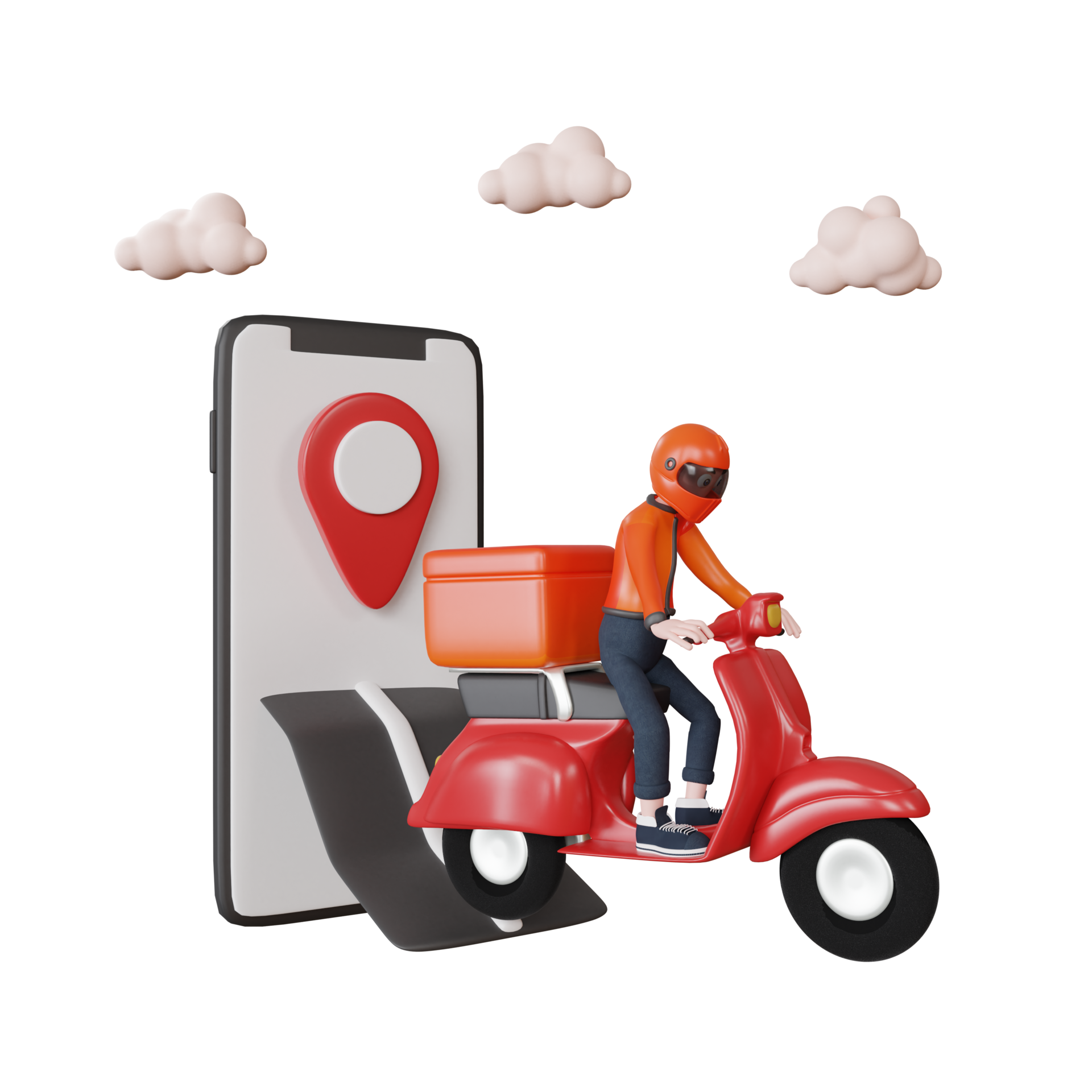How Delivery Apps Are Redefining Convenience is a phenomenon transforming the way we engage with services in our daily lives. These applications streamline access to food, groceries, and more, making previously time-consuming tasks swift and manageable. By leveraging technology, delivery apps enable consumers to enjoy their favorite products with just a few taps on their smartphones, thereby reshaping expectations around service efficiency and accessibility.
As more individuals turn to their devices for instant solutions, it becomes evident that the influence of delivery apps extends beyond mere convenience. They have created new business models, fostered competition, and even altered consumer behavior, prompting a reevaluation of convenience in an increasingly fast-paced world.
The world of literature is vast and varied, offering insights into the human condition, exploring themes of love, betrayal, hope, and despair. As we delve into the dynamics of literary trends and movements, it becomes evident that literature is not merely a reflection of society but also a powerful tool for social change and personal introspection. This article aims to explore the evolution of literary movements, the impact of technology on literature, and the enduring relevance of classic works in today’s digital age.
Historically, literary movements have emerged as responses to the sociopolitical landscapes of their times. The Romantic movement of the late 18th and early 19th centuries, for instance, was characterized by an emphasis on emotion, nature, and individualism, emerging as a reaction against the industrial revolution and the rigid structures of Neoclassicism. Key figures such as William Wordsworth and Samuel Taylor Coleridge sought to elevate the ordinary and capture the sublime beauty of nature through their poetry.
This shift towards valuing personal experience and emotional depth laid the groundwork for modern literature, as it encouraged writers to explore the intricacies of the human psyche.
As we moved into the 20th century, literature underwent profound transformations influenced by historical events such as the World Wars, the Great Depression, and the rise of existential philosophy. The Modernist movement, marked by its break from traditional forms and conventions, sought to capture the disillusionment of a generation grappling with the chaos of the modern world. Writers like Virginia Woolf and James Joyce experimented with narrative structure and stream-of-consciousness techniques, reflecting the fragmented experience of life in an increasingly complex society.
Their works challenged readers to reconsider the nature of reality and the role of the individual within it.
The Postmodern era that followed brought about a further departure from convention, characterized by irony, playfulness, and a skepticism towards grand narratives. Authors such as Thomas Pynchon and Don DeLillo explored themes of media saturation and consumerism, using metafictional techniques to blur the lines between fiction and reality. This era invited readers to question the authenticity of narratives and the nature of truth itself, leading to a rich tapestry of storytelling that remains influential today.
In addition to historical movements, technology’s influence on literature cannot be overstated. The advent of the internet and digital media has transformed not only how we consume literature but also how it is created and disseminated. E-books and online publishing platforms have democratized access to literature, allowing aspiring writers to share their work with a global audience without the barriers of traditional publishing.
This shift has facilitated the emergence of diverse voices and stories that might have remained unheard in a more conventional literary landscape.
Moreover, social media has redefined author-reader relationships. Platforms like Twitter and Instagram enable authors to engage directly with their audiences, fostering communities around shared literary interests. This interactivity has led to the rise of the “bookstagram” phenomenon, where readers share reviews, recommendations, and personal reflections on their reading experiences. Such platforms not only promote visibility for authors but also create a space for literary discussions that transcend geographical boundaries.

Despite these changes, the enduring relevance of classic works remains a cornerstone of literary appreciation. The themes explored by authors like Jane Austen, Fyodor Dostoevsky, and Gabriel Garcia Marquez continue to resonate in contemporary society. Their explorations of morality, identity, and the complexities of human relationships provide timeless insights that remain applicable, regardless of the era in which one lives.
The ability of literature to transcend time speaks to its power and the universal struggles of the human experience.
Furthermore, schools and educational institutions play a crucial role in ensuring that classic literature remains a vital part of the curriculum. By encouraging students to engage with these works, educators help cultivate a sense of empathy and understanding of diverse perspectives. Discussions around classic literature can also serve as a springboard for exploring contemporary issues, allowing students to draw connections between historical contexts and modern-day challenges.
The study of literature also fosters critical thinking skills, as readers are encouraged to analyze texts, deconstruct narratives, and question underlying assumptions. This analytical approach not only enhances one’s appreciation for the art of storytelling but also equips individuals with the tools needed to navigate an increasingly complex world. In a time when misinformation is rampant, the ability to discern truth from fiction is more important than ever.
In conclusion, the evolution of literary movements and the impact of technology on literature underscore the dynamic nature of this art form. Literature serves not only as a reflection of society but also as a catalyst for change, fostering understanding, empathy, and critical thought. As new voices emerge and old classics continue to inspire, the landscape of literature remains rich and varied.
The enduring human connection found within the pages of books will ensure that literature retains its fundamental role in shaping our understanding of ourselves and the world around us.





